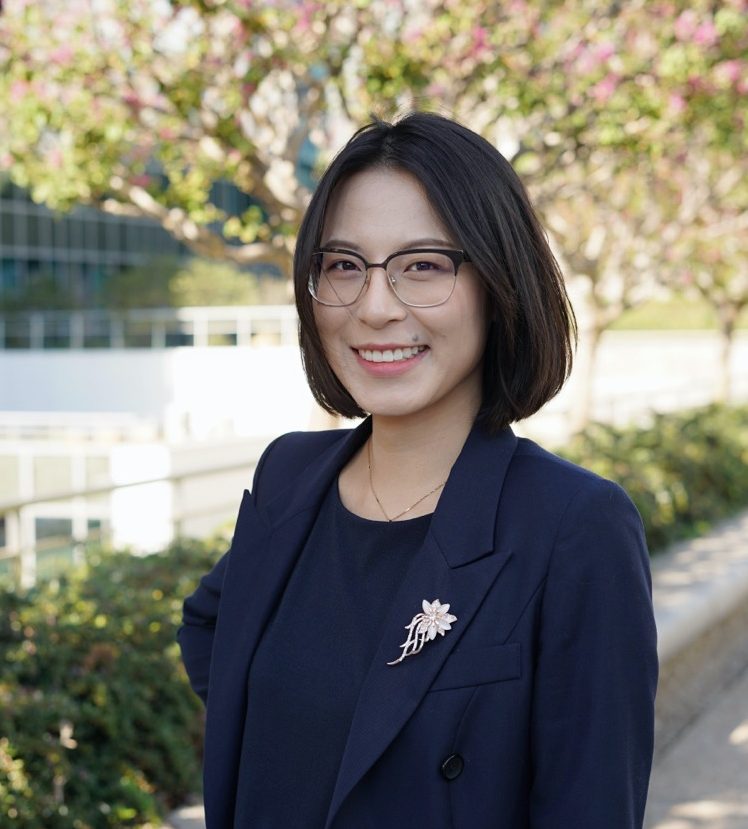STEM Shoutout: Dr. Yuting Yang
New economics faculty member to research environmental regulations and policies
Dr. Yuting Yang has joined UNM’s Department of Economics to research and teach environmental regulations and public policies related to climate change.
Yang, who recently completed her PhD from The Toulouse School of Economics in France, has made the move to UNM to serve as an assistant professor.
“I am really excited to be part of a diverse and collaborative group of scholars in the economics department,” Yang said.
This tenure-track assistant professor hire has bridge funding from the New Mexico EPSCoR grant SMART Electrical Grid project, which Yang says is what attracted her to UNM.
“I am really looking forward to taking part in the ESPCoR New Mexico SMART grid project funded by NSF. As an energy economist, this project offers a unique opportunity for me to collaborate with engineers, computer scientists as well as economists to look for feasible solutions to greening the grid,” Yang said.
According to their website, The ESPCoR SMART grid project is dedicated to developing next-generation electric power production and delivery through creation of a sustainable, modular, adaptive, resilient, and transactive (SMART) electric grid.
Yang’s upcoming role in the The ESPCoR SMART Grid Project will entail carrying out economic research related to the project including research in consumer behavior, market design, and policy analysis.
“Our role as economists is to provide the team with rigorous economic analysis on the feasibility, consumers’ response, market instruments and policy implications of such large scale projects,” Yang said.
Prior to studying in France, Yang obtained her Master of Arts degree in Development Economics from Vanderbilt University in Nashville, Tennessee, and a Bachelor of Arts degree in International Economics and Trade from Zhejiang University in Hangzhou, China. Throughout this, she homed in on environmental regulations and public policies related to climate change as her area of interest.
“I use theoretical and quantitative tools in economics to study the optimal environmental and energy policies designs for governments. For example, my on-going projects study optimal energy transition policies with intermittent renewables and cross-border electricity transmission. Here, I analyze the impact of electricity interconnection in the presence of intermittent renewables, such as wind and solar power, on renewable capacity and carbon emissions using a two-country model,” Yang said.
To learn more about Yang and her research, visit her website.

